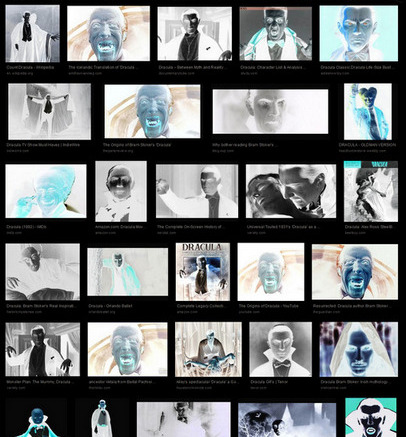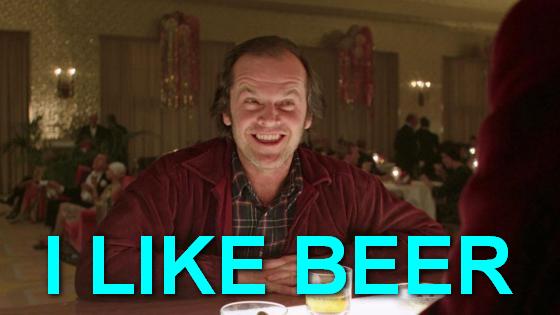Die Review
Doctor Who review won’t be up until Tuesday at the earliest, as I spent most of Sunday running my Werewolf: The Apocalypse game and didn’t watch it until late. But speaking of my gaming habit, I got a chance to read the first issue of Kieron Gillen and Stephanie Hans’s forthcoming comic Die, so I can at least tell you all sorts of interesting stuff about that. Well, sort of. This is my first time in the weird realm of embargos and “spoiler-free” reviews. So I have to tell you how awesome this thing is without actually telling you anything about it that hasn’t already been spilled in interviews already.
Let’s start with the obvious. This thing is awesome. It’s a fascinating book that has all the signs of being a major statement on the nature of fantasy and escapism. You should definitely pre-order it; if you buy physical comics, call your local shop. If you’re into digital or haven’t really bought many comics and just want an easy way to do the thing, you can pre-order it on Comixology. Pre-ordering is massively important with comics because it is an insane industry where nothing is done in a remotely rational manner, so really, if the following sounds like your thing, please go do the thing.
Right. So Die. The premise is simple enough: in 1991, six kids sat down to play a roleplaying game. They disappeared. Two years later, five of them reappeared. When asked what happened and where they’d been, their only answer was “I can’t say.” Surprising nobody who’s consumed any contemporary fantasy media whatsoever, what happened is that they were transported into a magical realm. And now, twenty-five years later, they have to go back.
The most interesting element here, for my money, is the twenty-five years later bit. This gives us middle-aged characters. This isn’t just interesting in terms of Kieron’s work, which has focused on teenagers and young adults to a degree that has been a defining bit of style for him. It’s also interesting as a lens on both roleplaying games and fantasy. I mean, the middle-aged geek is obviously a thing in popular culture, but it’s not actually a perspective represented within it very often, and when it is it tends to be in the Hook/Christopher Robin vein of “reawakening a lost sense of wonder.” Die has the same sense of melancholy implicit in that, but the emphasis is in completely different places; there’s no assumption that growing up involves losing some vital connection to the fantastic. The wounds being confronted are very different from just not being sixten anymore.
The other interesting thing is the suspicion of fantasy. I mean, it’s still the hook of the book, and you’ve got fantasy worlds rendered in lush glory by Stephanie Hans, who’s one of the great painter-artists working in comics right now. She gives the book a opulent, emotional moodiness that’s well worth drooling over. This is a book that relishes the iconography of fantasy. And yet it’s also a book that, in a typically Gillen-esque theme drop, proclaims the game they’re about to play in 1991 to be “fantasy for grown-ups,” then muses “we were sold.…

 Dismembered Bits and Pieces of an Introduction;
Dismembered Bits and Pieces of an Introduction;  Yet another strand of Wrong With Authority launches. This time it’s Carter Before the Horse. It’s basically just Consider the Reagan but earlier.
Yet another strand of Wrong With Authority launches. This time it’s Carter Before the Horse. It’s basically just Consider the Reagan but earlier.